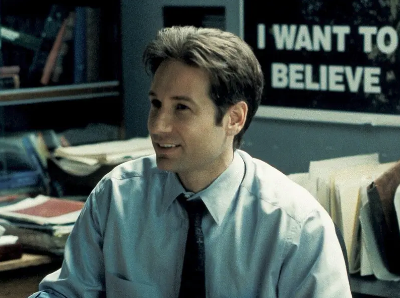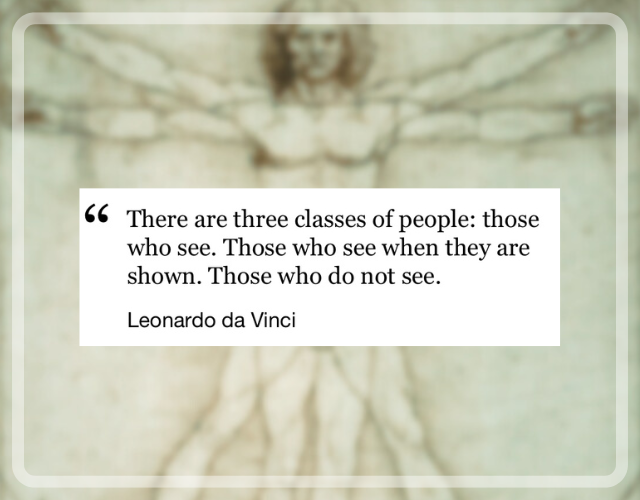How many of us?
2024-07-28
The search for healthy skepticism

A guiding principle in my life is that "there is no bad information." I've always been drawn to fringe topics: UFOs, ghosts, conspiracies, alternative history, and the like. For me, these subjects scratch the same itch that science fiction might for others. Delving into these areas requires parallel research to maintain one's perspective and sanity.
Recently, it feels as if the instincts I've developed exploring these topics have become nearly essential for navigating society. The floodgates have opened, and conspiracy theories I encountered on niche internet forums a decade ago are now part of the public discourse.
This trend is concerning for many reasons. Often, people don't grasp the full implications of the talking points they engage with. The mainstream rise of antisemitism and QAnon theories is particularly alarming and irresponsible, regardless of one's viewpoint. As with most complex issues, many lack the context to fully understand what they're discussing – myself included.
Knowledge – or misinformation – can spread as rapidly and dangerously as a virus when scaled up. An idea can permeate any culture or location under the right circumstances. However, this phenomenon also presents an opportunity for observation and analysis.
I believe we're experiencing some form of disclosure or a significant paradigm shift. I make no value judgments on this, only observations. The source – be it a "deep state," political party, corporation, or divine entity – is less important than the information itself.
I'm not claiming there's necessarily truth in these theories (I couldn't possibly know). Rather, the value lies not in the surface-level content, but in the questions it raises:
Why am I encountering this information now? Who wants me to see it? Which aspects are crucial, and which might be misdirection? What are the historical and future implications? How widespread is this information? Do others have the same knowledge I do, or vice versa?
These questions can occupy one indefinitely, but engaging with them is crucial for those who can.
For those able to read between the lines – or willing to learn – the world is an open book right now. Someone wants you to see this. The challenge is to decide: Do you agree that you should see it? Will you accept it at face value or think critically about both the micro and macro implications? Are you capable of such critical thinking?
I believe I am, but I acknowledge that due to circumstances, resources, intelligence, or simple ignorance, I may never fully grasp what it truly means to think critically at the highest level.

What if up really is down, and we've been deceived? Then I've simply become adept at operating within a specific framework, not genuinely skilled at thinking. This applies to basic reading comprehension, but we currently live in an era of deception. Most of what you encounter is trying to influence you, even if sometimes benignly. Is it manipulation when I bake you a birthday cake to make you happy, and it succeeds? Yes.
It's equally crucial not to instantly dismiss any idea as "too outlandish." Even if it ultimately proves to be far-fetched, do the work to confirm that. If there's one genuine lesson I've gleaned from all this, it's that I've never truly been in contact with the larger mechanisms at play. It's almost as if we're confined to a "citizen zone," while those who turn the cogs of history exist in a completely separate realm. I speak metaphorically, of course, but even literal comparisons can be drawn. You don't need to believe in conspiracy theories to recognize this divide.
Nothing is too implausible to be true. Declassified documents from the 20th century prove this, not to mention historical records from the past 2000 years and the ongoing archaeological debates. We seem so disoriented that we're not only unaware of our place in history but fail to realize we're still living in the post-World Wars era. If you're unaware, the world nearly ended then.
Know yourself. Know your God. And be wary of the ideas entering your home.